It’s been a while since we made the connection between fear of commitment, psychological disorders, anxiety, depression and childhood.
Yet, even though we know that many of our problems stem from our childhood, we still rarely talk about the relationship between parents and children.
We say things like: “They’re my parents, they’ve done everything for me, I should be grateful”. We don’t often talk about the negative feelings we have towards our parents.
However, certain things they did can sometimes make some people very anxious, even as they grow up.
And once they’re adults, these people aren’t close to their parents. Can we blame them? Not really! In fact, there’s no reason to be ashamed of not having the best relationship with your parents.
When you grow up in a toxic environment, it’s perfectly normal to want to distance yourself when you feel your parents aren’t doing you any good.
In fact, I’m going to give you a few examples of behaviors that can cause a rift in the parent/child relationship.
1. Narcissism

Narcissistic parents play a more important role in their children’s lives. They pay close attention to how their children study, what courses they take and what they achieve.
These mothers and fathers feed their own egos with their children’s successes. But at the same time, they don’t see a single, autonomous personality.
The slightest mistake, bad mark or failure in a sporting competition is cause for argument. Children feel under pressure and think they’re not good enough.
As these children grow older, they try to put as much distance as possible between themselves and their loved ones so as not to repeat this pressure.
2. Manipulation

Manipulative parents are incredibly good at making children feel guilty about their unachieved goals. They often say something like, “If it hadn’t been for you, my life would have been very different.”
These words are very painful to hear. To fight guilt, you need to set limits and not let yourself be manipulated. It’s not up to the child to decide to be born.
3. Absolute control

Power-obsessed parents think they have the right to know what profession their children should choose, who they should date and marry and what job they should get.
And they don’t care that their children are no longer babies or that they are adults who can make their own decisions. Control is irrational.
And the parents’ argument is: “Because I said so”. Children who remain under their parents’ control have a hard time later on.
Not only do they have this anger in their souls, but they also learn to adapt to the desires of others, believing that other people’s needs are more important than their own.
4. Emotional neglect

Emotionally neglectful mothers and fathers don’t completely reject their children, but they don’t give them much attention.
As these parents get older, they realize that, for one reason or another, their children aren’t showing them enough love, attention and respect. But there’s nothing surprising about that.
5. Lack of empathy
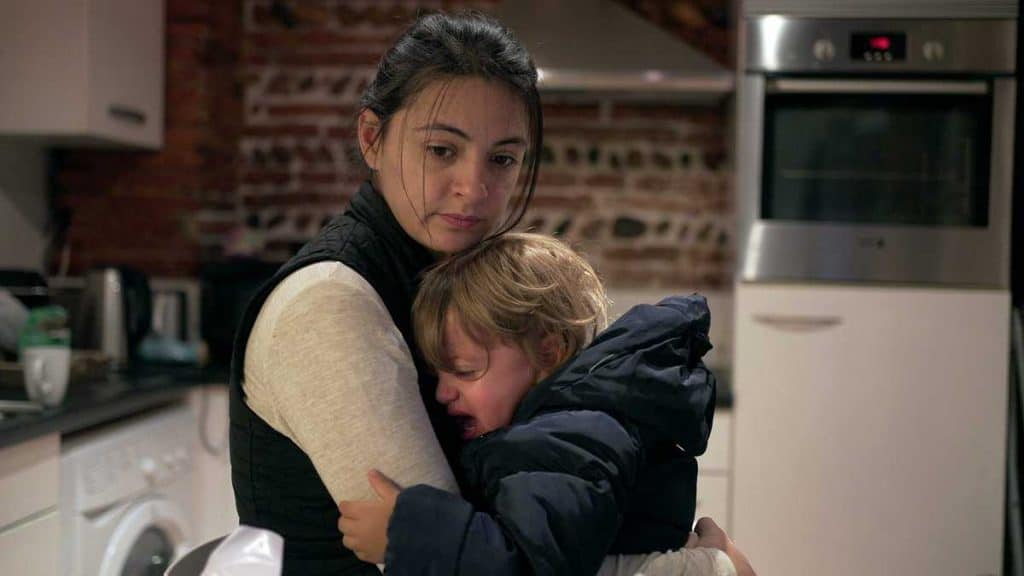
“Why are you crying like a baby?”
“Look! Everyone’s looking at you and laughing at you!”
“You’re not beautiful when you cry, stop it right now!”
Many parents are convinced that shaming their children for crying is the only way to stop them crying.
But the only thing this reaction can do is make children reserved and shy. Crying when you’re hurt is normal. Children need to be able to deal with unpleasant emotions.
6. Telling children they’re ungrateful
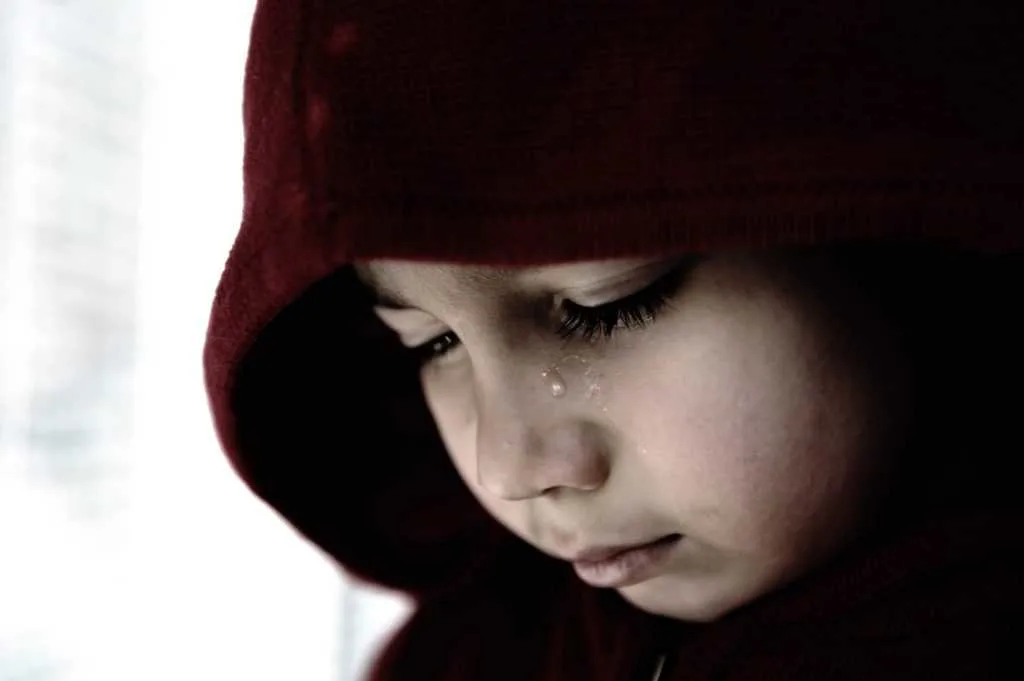
Older parents often resort to a popular manipulation: “We’ve done everything for you and now you’re so ungrateful!”.
They know they have a lot of power over their children, and they try to keep it, even after their children start living apart.
Mothers and fathers can pressure, blackmail and even force their children to choose between them and other loved ones.
In these situations, any choice is felt as a betrayal. The wisest decision would be not to fall prey to such manipulations, but to learn to fight for your own rights, remaining grateful for everything your parents have done for you.
7. Too much criticism

Some parents start criticizing their children whenever they feel angry, disappointed or simply tired. This helps them express their negative emotions and hide their own vulnerabilities.
In all their children’s words and actions, these mothers and fathers always find something offensive or negative. As the years go by, this parental behavior doesn’t go away, and may even worsen as the children grow up and no longer want to do anything good for their loved ones.
8. Mockery
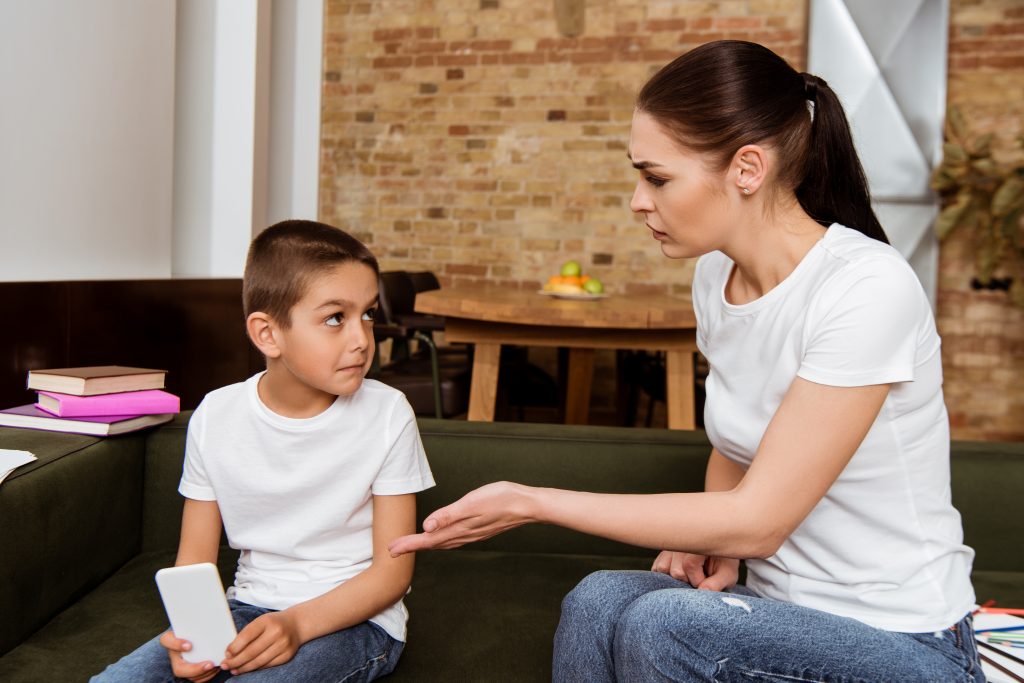
When parents make fun of their children’s interests, they feel ashamed, and this can last a lifetime.
To protect themselves from this, children may start doing the same thing in response: making fun of their loved ones’ tastes and not giving enough importance to their feelings and achievements.
9. Betrayal
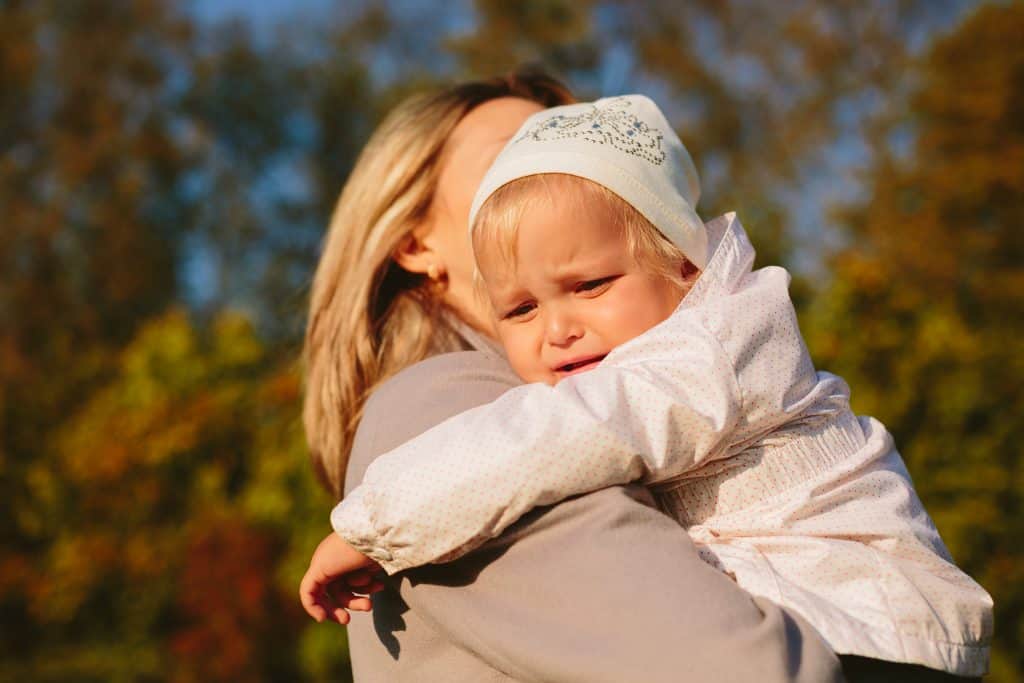
Confiding a secret to an adult is a big step for a child. It’s both a test of authority and a way of sustaining friendship.
But if a parent laughs or gets angry instead of keeping the secret, and then tells everyone else too, trust in that family will be lost forever. Very often, this makes children not want to talk to their parents about anything.
10. Differentiating between children
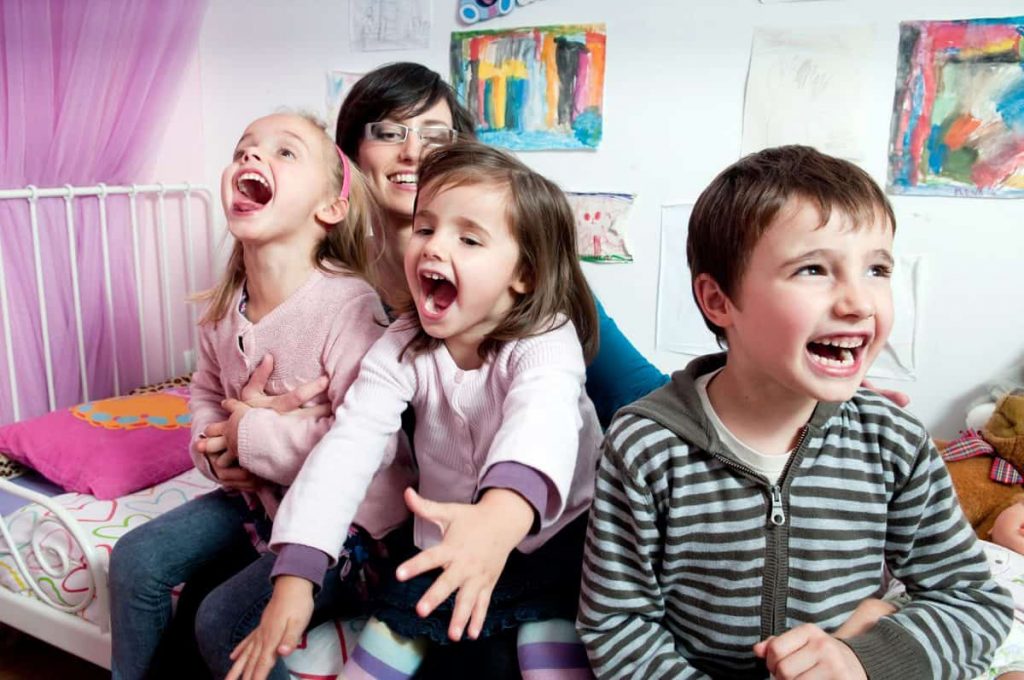
This is a very common situation in a family where one of the children is more loved. For example, the older child is expected to perform the duties of a parent and is reprimanded for every little thing, while the younger one gets away with it.
And the older child may have to set an example for the younger. If parents fail to notice this problem, it makes the conflict between siblings very serious.
11. Striving for perfection
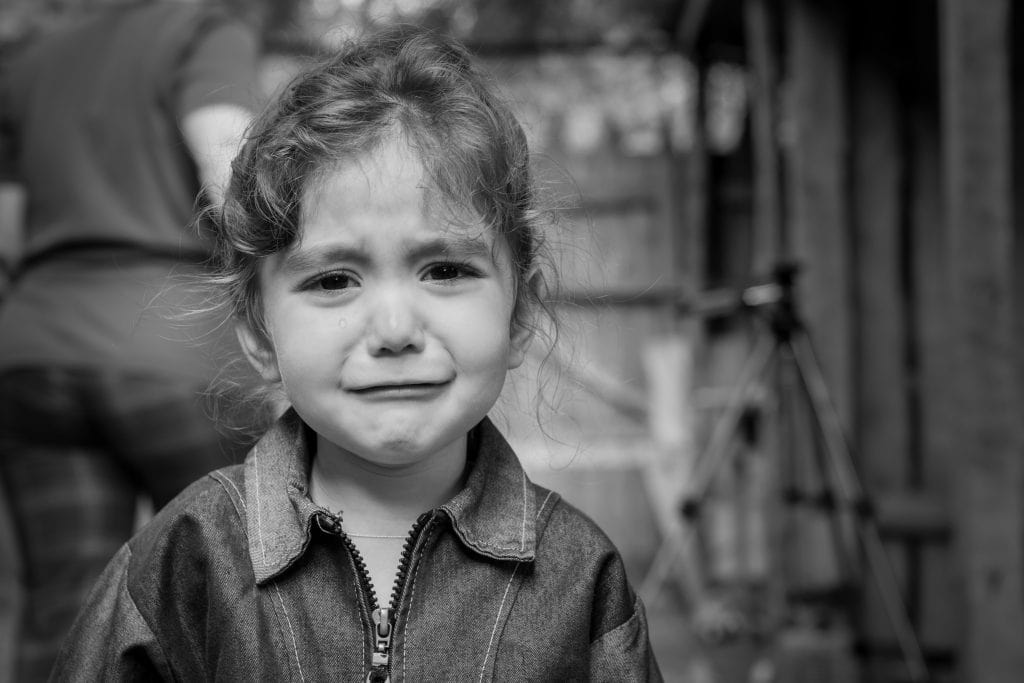
“What are people going to say?”
“Everyone knows me in this town. How am I supposed to look at them?”
That’s what truly selfish people say, who care more about approval than how their children feel. They want to be so perfect that they don’t have time for anything else.
Do you think people want to have a good relationship with parents who don’t accept them? The answer is obvious.
12. Paying too much attention to appearances

Some parents think that if their children are well fed and well dressed, they are excellent parents. Unavailable and cold, they may be present in their children’s lives physically, but not emotionally.
As they grow up, children feel they have a duty to their parents: to help them out financially, to find a doctor, and so on. But these parents shouldn’t expect warmth and attention from their children.

